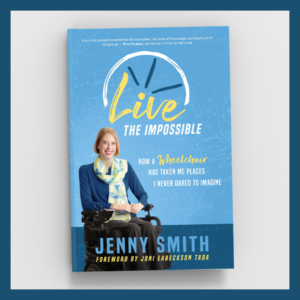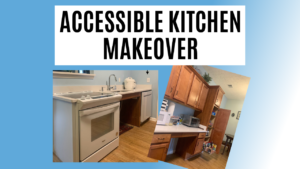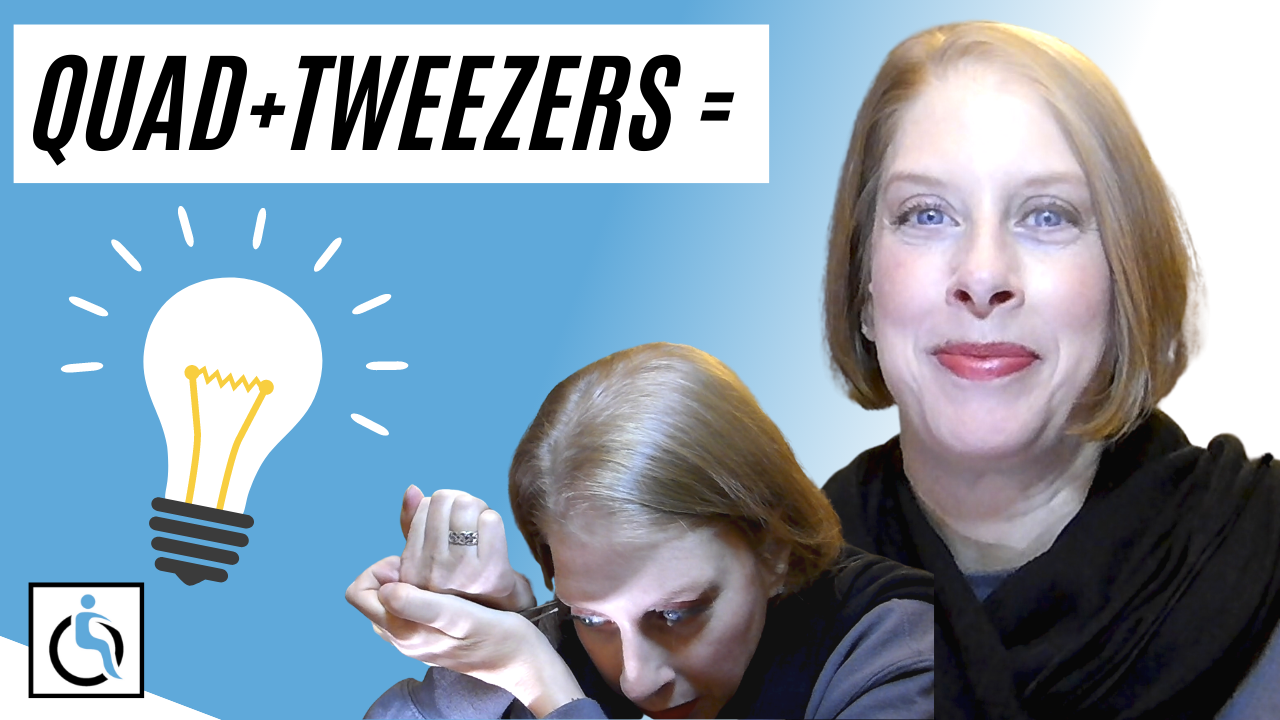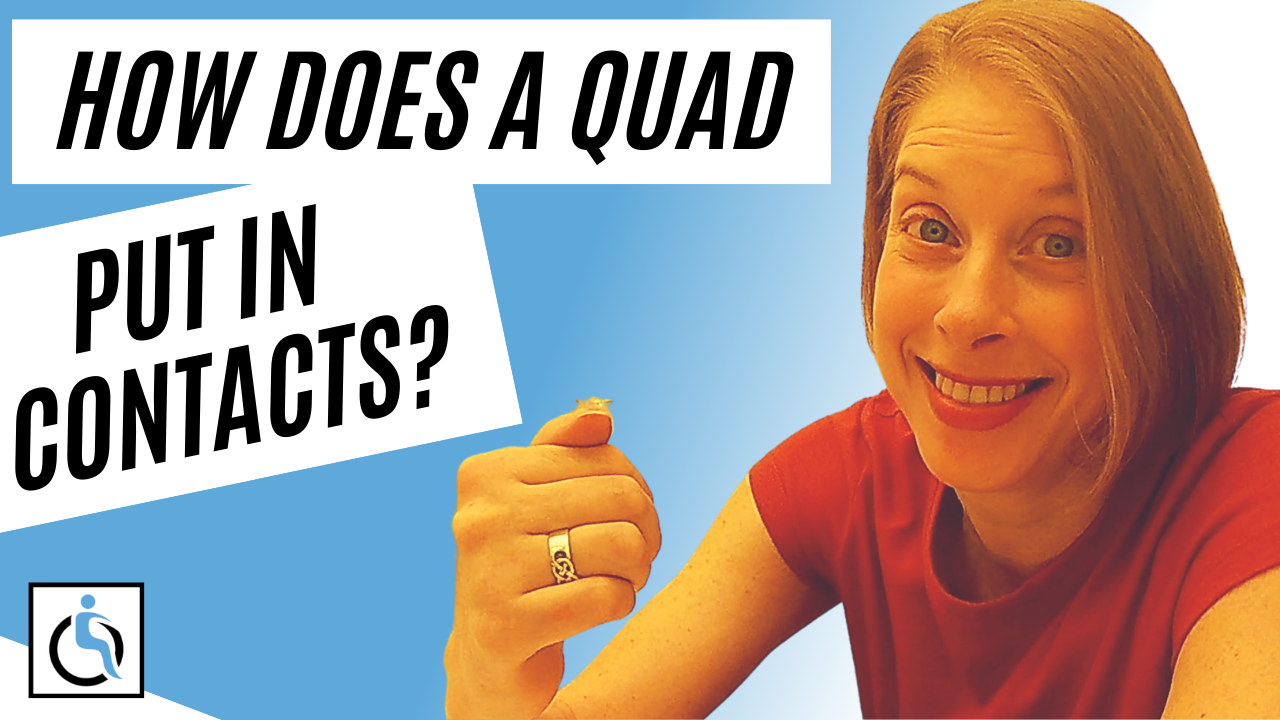I’d like to punch the person who first used the phrase “confined to a wheelchair.” Or at least roll over their foot with my power chair.
Earlier this week I got riled up after reading a great article about my friend. Unfortunately, the phrase “confined to a wheelchair” stuck out to me and left a bad taste in my mouth (as my grandma would say).
The Facts
Do I use a wheelchair? Yes.
Is a wheelchair a necessity to live my life? No doubt.
Am I confined to a wheelchair? Absolutely not.
Definition
Merriam-Webster’s dictionary defines confine as “to hold within a location; imprison; to keep within limits.”
Going with this definition, I certainly am not confined to a wheelchair. I am able to live life because of my wheelchair. A wheelchair allows me to go to work, to play sports and volunteer. It gives me the freedom to be with friends, to cook dinner for my niece and nephew and to travel to faraway places.
A wheelchair is freedom.
The Literally Confined
I have seen people confined by their disabilities. In developing countries a person may not have access to a wheelchair. They are confined to a corner of the house. Imprisoned in bed. Limited by the shame that their culture places on people with a disability.
But having a wheelchair opens up a world of opportunities.
Hardships still exist. Accessibility – or lack thereof – influences the ease in which my life is lived. Finances and being penalized for working may frustrate me and cause me to have to work twice as hard as an abled-bodied person. But by pushing through the difficulties of daily life, those of us who use wheelchairs can live life abundantly.
What Should You Say?
Honestly, if you ask 10 people, you’ll probably get 10 answers. But simply stated, do not say confined to a wheelchair. Nor bound to a wheelchair. Or the outdated word handicapped (read my explanation here).
Let’s talk about person-first language. Person-first language places the person before a disability.
- A woman who uses a wheelchair
- A man with a visual impairment
- A child with a developmental disability
To the media and journalists who perpetuate the use of this phrase: You can no longer plead ignorance. These phrases evoke pity. A sense of hopelessness. Uselessness.
The friends I have who use chairs are anything but hopeless, useless and pitiful. They are independent, active and involved in their communities. They are spouses and parents. We are lawyers, stay-at-home moms, professors, engineers, world-class athletes, social workers and teachers.
Because of a wheelchair, each of us has the freedom to live life.
We are not confined.








4 Responses
Best article YET!
You most certainly are not “confined” by the use of your chair!
Jenny,
Anyone who would call you “confined” has never known you in any capacity-which applies to many other people also, Including a personal friend who has a chair but is definitely not the “c” word. I saw you for the 1st time in almost 30 years, at the Pasadena Palms, and have enjoyed hearing/seeing your adventures through email and now Facebook. The great, beautiful teenager is now the great, beautiful woman and I look forward to seeing what your next adventure is.
Very neat blog post.Really thank you! Keep writing.Regards, from Scooters ‘N Chairs.